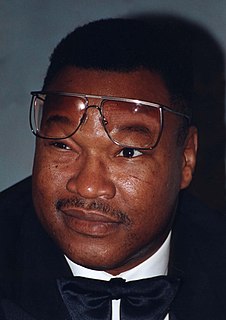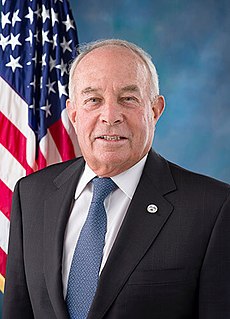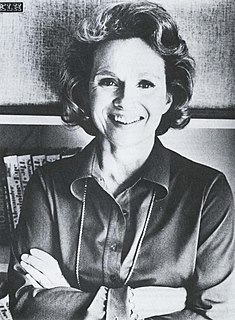A Quote by John Ralston Saul
If economists were doctors, they would today be mired in malpractice suits.
Quote Topics
Related Quotes
America with 4% of the world's population has 50% of the worlds lawyers .... tort lawyers love to point out that 1% of America's health care cost is used to pay malpractice insurance ... but most doctors practice defensive medicine to avoid malpractice litigation ... these costs are not included in the 1% number above.
Now, if doctors were aware that medicine was not a science and that they were pulling what is undoubtedly the largest and most successful confidence trick ever tried the damage would be fairly minimal. But the problem is compounded by the fact that the vast majority of doctors believe the lie that they are taught; they believe that they are scientists, practising an applied science.
We don't classify all doctors as incompetent because of the infrequent instances of medical malpractice. We don't use the example of one bad teacher in our children's school to draw a negative conclusion of the entire teaching profession. We should apply that same rational standard when it comes to how we view law enforcement.
Economics, over the years, has become more and more abstract and divorced from events in the real world. Economists, by and large, do not study the workings of the actual economic system. They theorize about it. As Ely Devons, an English economist, once said in a meeting: 'If economists wanted to study the horse, they wouldn't go around and look at horses. They'd sit in their studies and say to themselves, `What would I do if I were a horse?' '
The years of the Great Depression were a superb time for economists because people not knowing what could be done or what should be done would always assume that maybe an economist had the answer. If you were just a lawyer in Washington, you were nobody. But if you were an economist, you might have the answer.


































